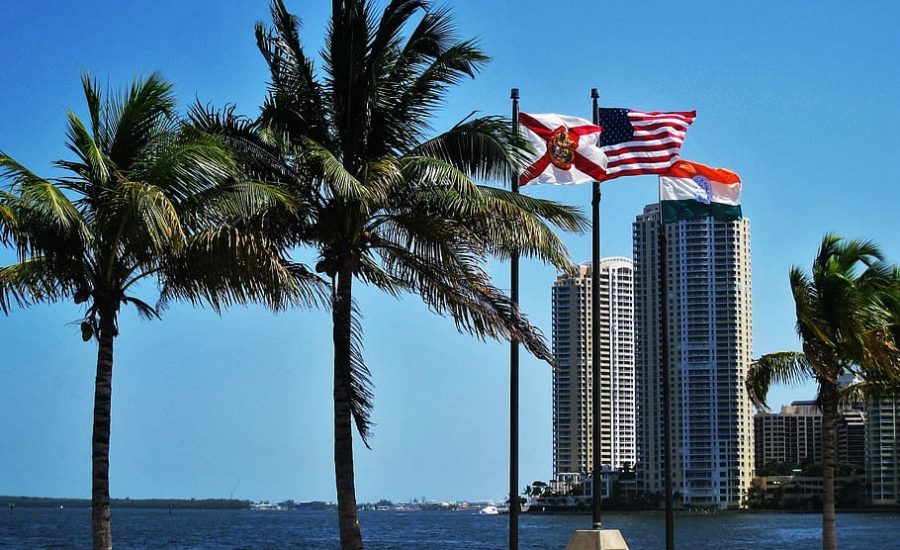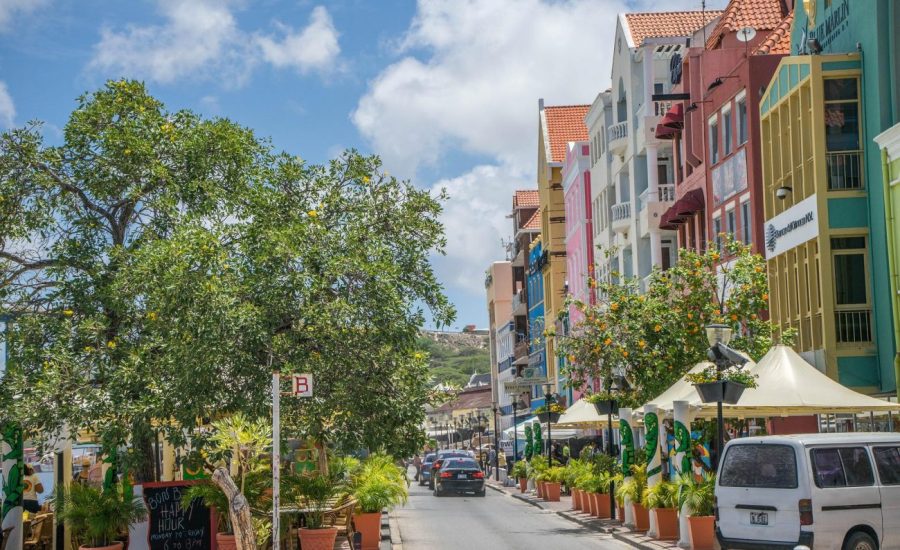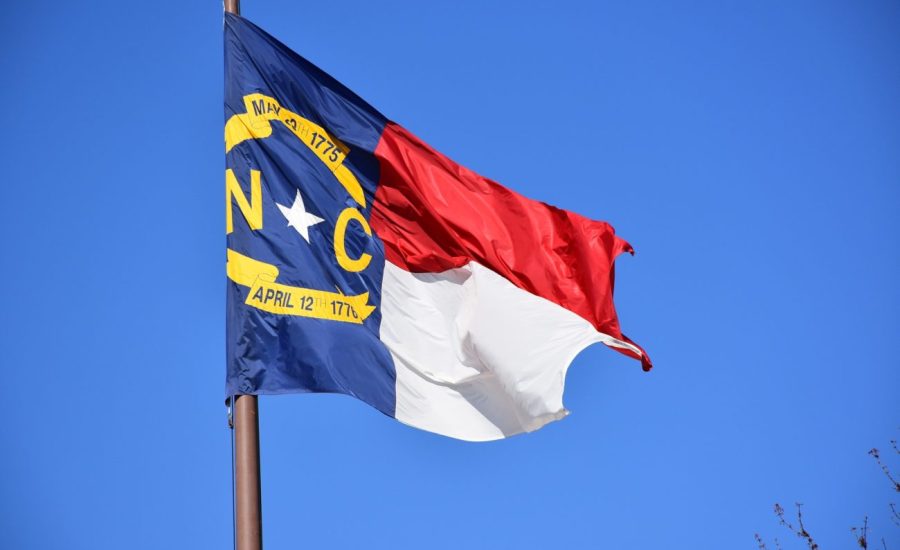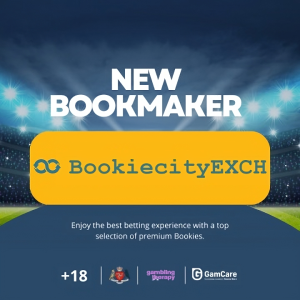California Democrats endorse “no” vote on online betting measure
The California Democratic Party has recommended that those in the state vote against a proposal that would legalise online betting.
The party – which dominates California elections, having controlled both houses of the state legislature since 1996 – announced its official list of endorsements for ballot measures that will appear in the 2022 November election.
That election will include two ballot measures related to sports betting. Tribe-backed Proposition 26, titled the California Legalize Sports Betting on American Lands Initiative. would allow for retail sports betting only on tribal lands.
Read the full story on iGB North America










